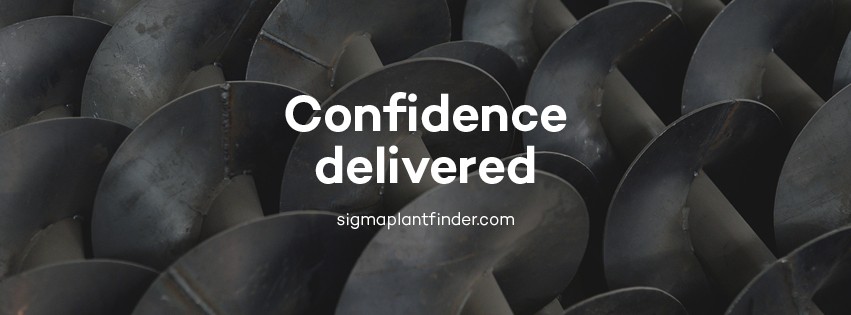
Some machinery requires constant maintenance to keep it in good working order, especially mining, industrial and farming equipment. Poorly maintained machines run very inefficiently, not only that, but breakdowns can be costly, and the safety hazard is also important to consider.
Large machinery operator training
Most types of machinery have multiple operators. The most common inspection should be overseeing the operation of the equipment is correct.
They should be inspected as soon as they are purchased. Operator training is usually done at this time, but the training also needs to be kept up. Employees skills can forget basic training easily or there could be different employees working there and this could lead to breakdowns of the machinery through poor operation,
When doing specific work, the operators manual can be referred to if needed. They can also be rewritten into a simpler language to understand or even a different language if needed. A short manual can be provided to each operator for an easy reference. Many manuals also come in eBook form for those who chose to go paperless, which also give them the most current manual.
Friction on your machine
If you are suffering from friction on your machine, lubricants are essential for any moving part. To extend the life of your machinery schedule lubricant maintenance every so often.
It is one of the most important maintenance checks. But keep a look out for excess oil and grease build-up on pistons. And check for leaks around oil seals.
But make sure you’re using the right lubricant for the machine/part you have as there are specific kinds of oil and grease for every component. Check the manufacturer’s recommendations in the manual for the best type of lubricant for your machine.
It is one of the best ways to diagnose a problem with your machine, by getting the lubricants checked.
Checking for signs of wear
Contributions to breakdown of parts and machines can be caused by, vibration, shock, high temperatures, friction and age ail.
The vibration can come from the gears and belts that can be out of alignment.
The shock can come from accidents but also can be caused by poor operator technique
The high temperatures can come from extended use, friction, poor lubrication and worn parts, but can also be caused by many other reasons.
The age affects many components. Over time belts can warp. Seals can dry up and crack. Bolts can loosen and stretch out of shape. Age is a factor of any worn parts.
Make sure to quickly replace any worn parts if you discover wear and tear on any moving parts.
Maintain a clean environment and keep the machinery clean
There are plenty of seals and filters in heavy machinery to keep working parts clean and free of contamination. Seals should be inspected on the regular to make sure they are in excellent condition. Filters should be changed regularly and inspected often. Breathers should be kept clean to stop contaminants in the cap from creating a vacuum. The electronics in the cab are susceptible to breakdowns if it gets contaminated. For example, this impacts the clutch.
Machinery should be stored in a shed or building if possible as exposure to the wind can cause rust and rot. If the machinery is not in use it should be ran periodically.
Have a schedule and keep records for maintenance
Some components to check regularly are, fluids, tires, tracks and electrical systems. Know exactly what needs to be inspected and when.
Power transmissions have plenty of moving parts that need to be kept in top condition to work properly and effectively. Gear boxes need to be checked for lubricants, vibration and damage to the parts.
Friction materials, seals, gaskets and bearings need to be inspected and replaced as often as needed. Gears and shafts usually last quite long and don’t need to be replaced very often, if ever.
Drive train components need to be constantly monitored. Check pulleys and v-belts on CVT transmissions for alignment and wear. And check the sprockets for correct meshing with chains and for the breaks.
Change filters often and test the oil to diagnose problems.
The bearings keep a lot of force running smoothly and are important to the machinery’s performance. Check the bearing lubrication often and maintaining them well extends their life.
Lubricate gears frequently.
Do a seal check to prevent the bearing contamination.
Run torque checks on the bolts. Bolts can elongate and creep over time.
In conclusion follow the steps above can help to extend the life of your machine significantly, improving the ROI from these important machine purchases. You can get much more from your machine and for your money if you keep in mind these 5 steps to keeping your machine in the best condition it can be.
